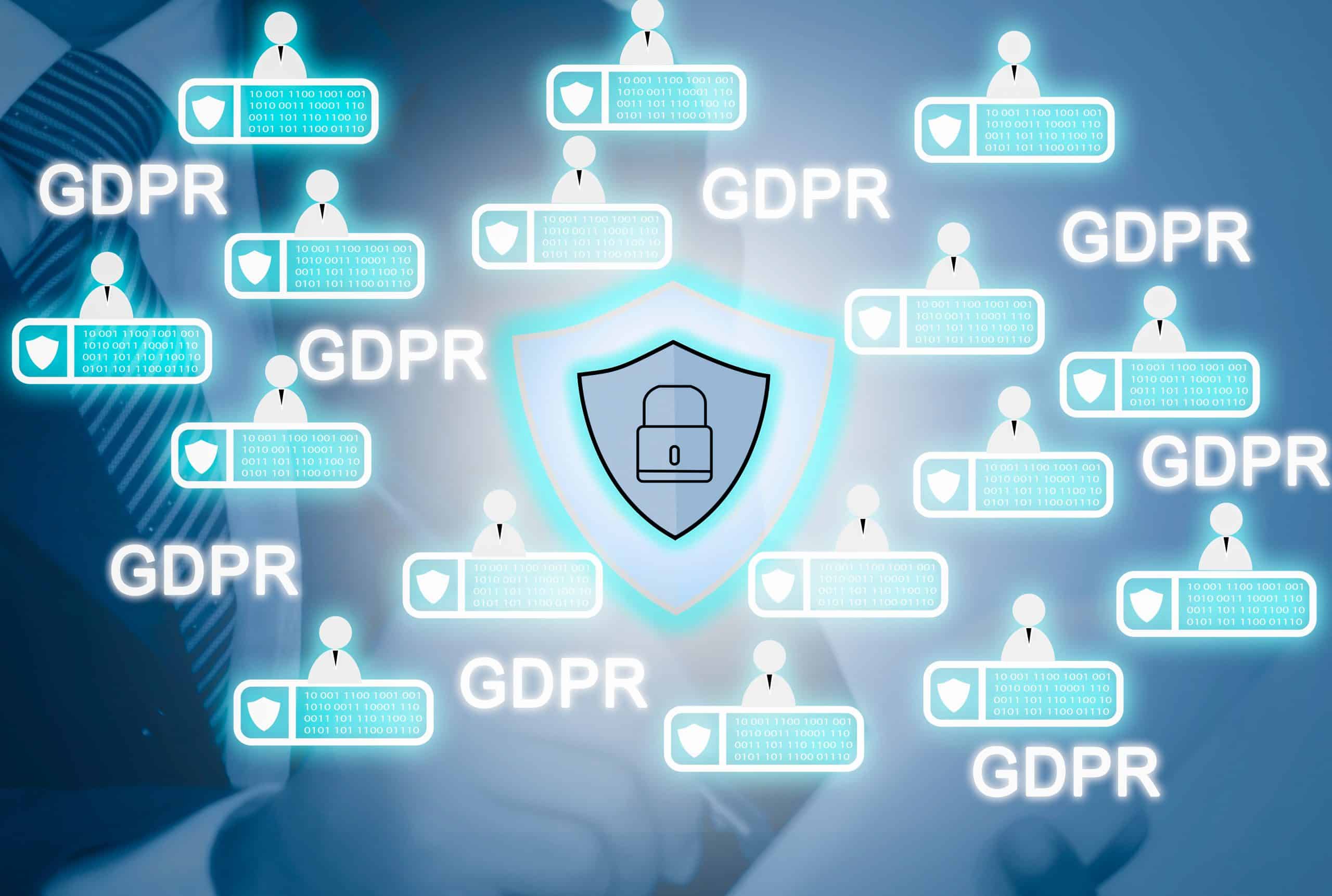השפעת רגולציית GDPR על הפרטיות במערכות סיעוד
Or Shushan
The impact of GDPR on the privacy of sensitive information in nursing systems
In the evolving digital age, healthcare systems face significant challenges regarding the privacy of sensitive information. The GDPR regulation constitutes a strict legal framework that protects patients’ rights and requires healthcare institutions to act with the utmost responsibility in handling personal information.
The essence of protecting sensitive information
Medical information constitutes the highest level of privacy, including personal details, medical history, diagnoses and treatments. GDPR requires full transparency in the management of this information, while ensuring maximum protection against leaks and uncontrolled disclosure.
Key principles in data protection
• Explicit consent from the patient to use the information
• Restriction of access to information only to authorized parties
• Securing information systems against intrusion
• The patient’s right to delete or correct personal information
Implementation challenges in the nursing environment
Nursing facilities are required to implement advanced security mechanisms, including data encryption, focused access control, and constant monitoring of data transfer processes. This requires significant investment in technological systems and staff training.
Legal implications
Failure to comply with GDPR requirements could lead to heavy fines of up to 4% of annual turnover or €20 million, whichever is higher. This is a significant incentive for institutions to adapt to the regulations.
Patient rights from a practical perspective
The patient is entitled to:
• Receive a full copy of personal information
• Demand correction of incorrect details
• Request deletion of irrelevant information
• Know who has accessed his information and under what conditions
Advanced implementation strategies
Nursing institutions need to develop work processes that incorporate:
• Training teams on privacy
• Implementing advanced information security protocols
• Implementing control and reporting mechanisms
• Regularly updating information systems
Advanced protection technologies
Using technologies such as biometric identification, end-to-end encryption, and secure cloud infrastructures enable a higher level of protection for sensitive information.
Impact on the quality of care
Despite the challenges, GDPR promotes an organizational culture of transparency, trust, and protection of patient rights, while maintaining the quality of medical care.
Challenges of personal medical information security in the era of European regulation
In the evolving digital age, healthcare and nursing systems face complex challenges regarding the security of personal medical information. The European GDPR regulation sets new and strict standards for protecting patient privacy and sensitive medical information.The digital transformation of healthcare systems creates an urgent need for comprehensive protection of personal data. Medical institutions are required to develop advanced security mechanisms that balance efficient information flow with maximum protection of patient privacy.
Key principles in protecting medical information
- The patient’s express consent to the use of information
- Encrypting sensitive data
- Precise access control to information systems
- Full documentation of information processing processes
Nursing systems are required to build technological infrastructures that enable full transparency in the management of medical information. This includes the ability to track every party exposed to sensitive information, while ensuring the patient’s rights to remove or correct personal data.
Regulatory implementation challenges
Implementing GDPR regulations in healthcare systems requires a significant investment in technological and process resources. Healthcare organizations need to instill a culture of privacy protection, from employee training to the development of secure IT infrastructure.
Potential risks include data leaks, unauthorized disclosure of personal information, and significant financial penalties for regulatory violations. Therefore, a strategic approach that combines technological, legal, and organizational aspects is required.
Advanced technologies for information protection
- Biometric identification systems
- Full data encryption
- Computerized control tools
- Multi-factor authentication mechanisms
It is important to emphasize that protecting medical information is not just a technical issue, but an ethical and value-based one. The goal is to maintain the patient’s dignity and enable quality care while ensuring complete privacy.
The transition to a secure digital environment requires collaboration between professional entities: IT administrators, security personnel, doctors, and nursing staff. Only a holistic approach will enable optimal implementation of the regulation while maintaining an efficient flow of information.
In the future, innovative technological solutions are expected to offer a more advanced response to information security challenges, while emphasizing the patient experience and digital rights.
Conclusion
This summary highlights the profound significance of GDPR regulation in nursing systems, while emphasizing the importance of protecting privacy and personal information. Implementing the principles of the regulation represents a significant revolution in the way sensitive medical information is managed and maintained, while emphasizing patient rights and the security of medical information.
The transition to a systemic approach to information security requires nursing systems to make fundamental structural changes, from the processes of collecting information to the way it is stored and shared. This requires significant investment in advanced technologies, training professional teams, and implementing an organizational culture of protecting patient privacy.
Although GDPR implementation poses significant challenges, it is an opportunity to upgrade medical information management systems and strengthen trust between service providers and patients. The transition to high standards of personal information security ensures the protection of human dignity, rights, and privacy in the evolving digital age.










